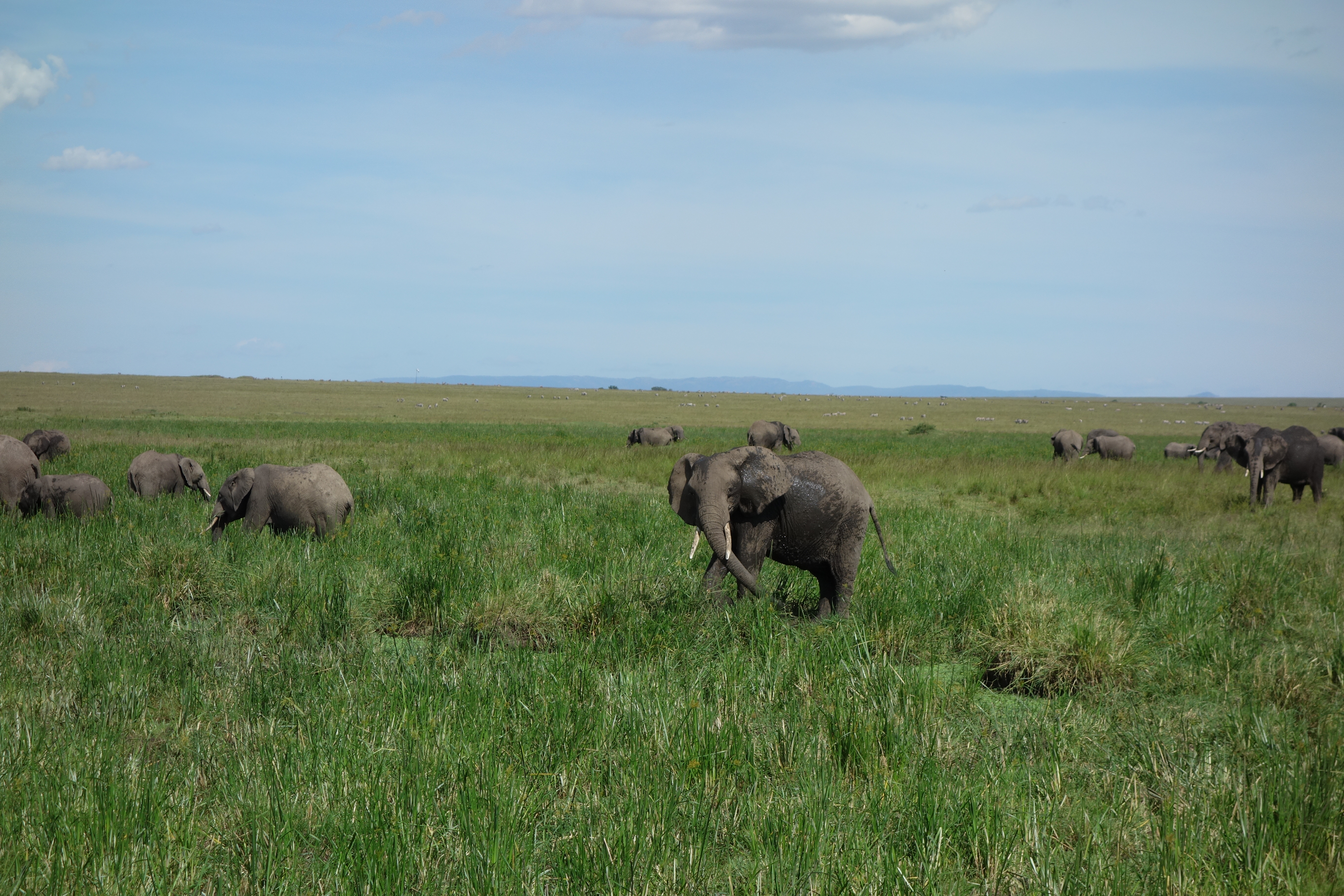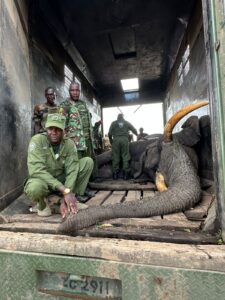According to a recent study published in Biotropica entitled seed dispersal kernel of the largest surviving megaherbivore—the African savanna elephant by Katherine Bunney, the African savanna elephant holds the prize for longest distance mover of seeds with seeds being dispersed up to 65 kilometers.

This study was highlighted in Science Magazine and gave a detailed account of how Bunney came to this conclusion. She first tracked how long seeds take to digest in an elephant’s 20-meter-long intestines. She determined it took 33 hours for the first seeds to appear in the dung and as long as 96 hours for the last seeds to appear. She next used the collaring data from Elephants Alive to determine how much distance elephant’s cover in that time period.
Her findings suggest that for any given fruit, an elephant would move half the seeds 2.5 kilometers from where they were eaten, 1% of seeds would move farther than 20 kilometers and in extreme cases a seed could travel up to 65 kilometers, such as when male elephants take long treks searching for a mate.
Not only do elephants carry these seeds such great distances, but each elephant may deposit up to 3,200 seeds a day meaning that the genetic diversity of many tree species is maintained when their seeds are scattered by elephants.

Elephants truly are an architect species capable of modifying habitats for the benefit of different plants and animals on both a local and wide scale. Another term used for elephants is a keystone species in cases where their presence has a strong influence on other species and where their removal is likely to have a correspondingly strong, even cascading effect on the structure and function of ecosystems.
Mara Elephant Project knows that the key to a healthy greater Mara ecosystem is completely dependent on the protection of elephants.


